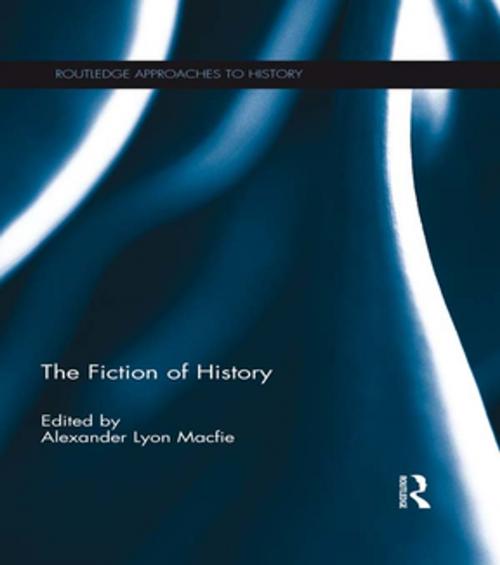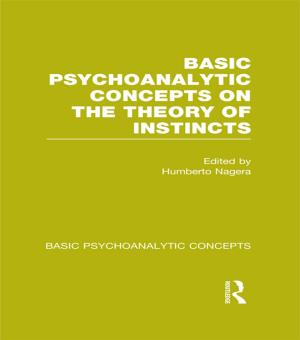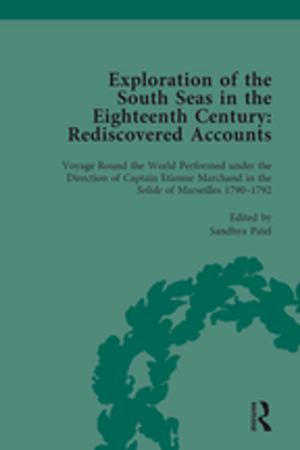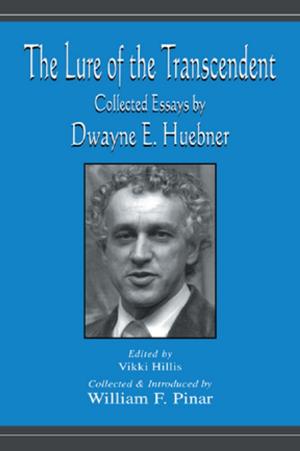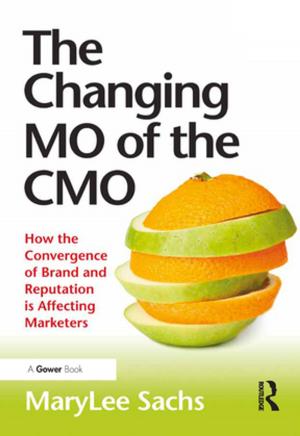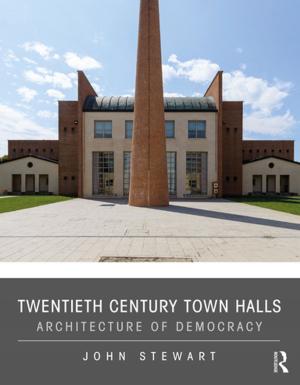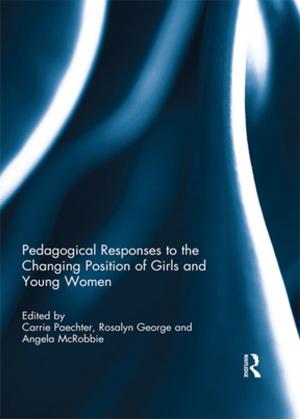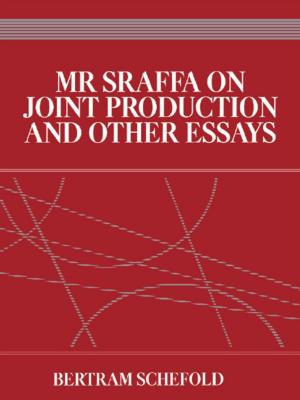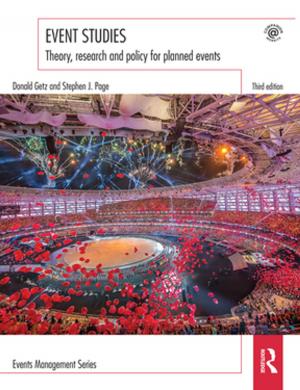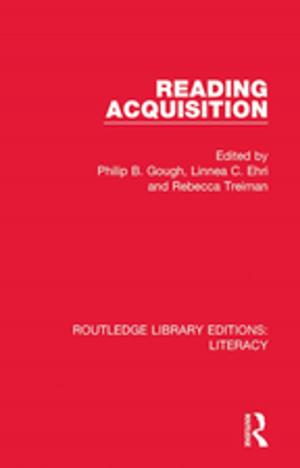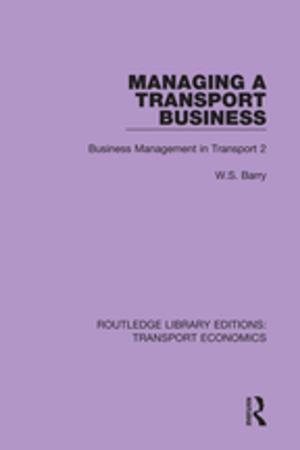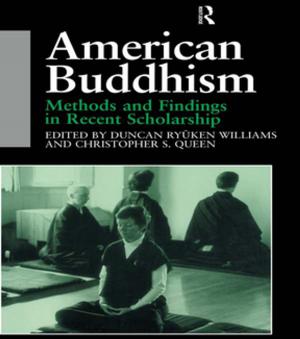The Fiction of History
Nonfiction, History, Reference, Historiography, Fiction & Literature, Historical| Author: | ISBN: | 9781317681731 | |
| Publisher: | Taylor and Francis | Publication: | August 13, 2014 |
| Imprint: | Routledge | Language: | English |
| Author: | |
| ISBN: | 9781317681731 |
| Publisher: | Taylor and Francis |
| Publication: | August 13, 2014 |
| Imprint: | Routledge |
| Language: | English |
The Fiction of History sets out a number of themes in the relationship between history and fiction, emphasising the tensions and dilemmas created in this relationship and examining how various writers have dealt with these.
In the first part, two chapters discuss the philosophy behind the connection between fiction and history, whether history is fiction, and the distinction between the past and history. Part two goes on to discuss the relationship between history and literature using case studies such as Virginia Woolf and Charles Dickens. Part three looks at television and film (as well as other media) through case studies such as the film Welcome to Sarajevo and Soviet and Australian films. Part four considers a particular theme that has prominence in both history and literature, postcolonial studies, focusing on the issues of fictions of nationhood and civilization and the historical novel in postcolonial contexts. Finally, the fifth section comprises two interviews with novelists Penelope Lively and Adam Thorpe and discusses the ways in which their works explore the nature of history itself.
The Fiction of History sets out a number of themes in the relationship between history and fiction, emphasising the tensions and dilemmas created in this relationship and examining how various writers have dealt with these.
In the first part, two chapters discuss the philosophy behind the connection between fiction and history, whether history is fiction, and the distinction between the past and history. Part two goes on to discuss the relationship between history and literature using case studies such as Virginia Woolf and Charles Dickens. Part three looks at television and film (as well as other media) through case studies such as the film Welcome to Sarajevo and Soviet and Australian films. Part four considers a particular theme that has prominence in both history and literature, postcolonial studies, focusing on the issues of fictions of nationhood and civilization and the historical novel in postcolonial contexts. Finally, the fifth section comprises two interviews with novelists Penelope Lively and Adam Thorpe and discusses the ways in which their works explore the nature of history itself.
